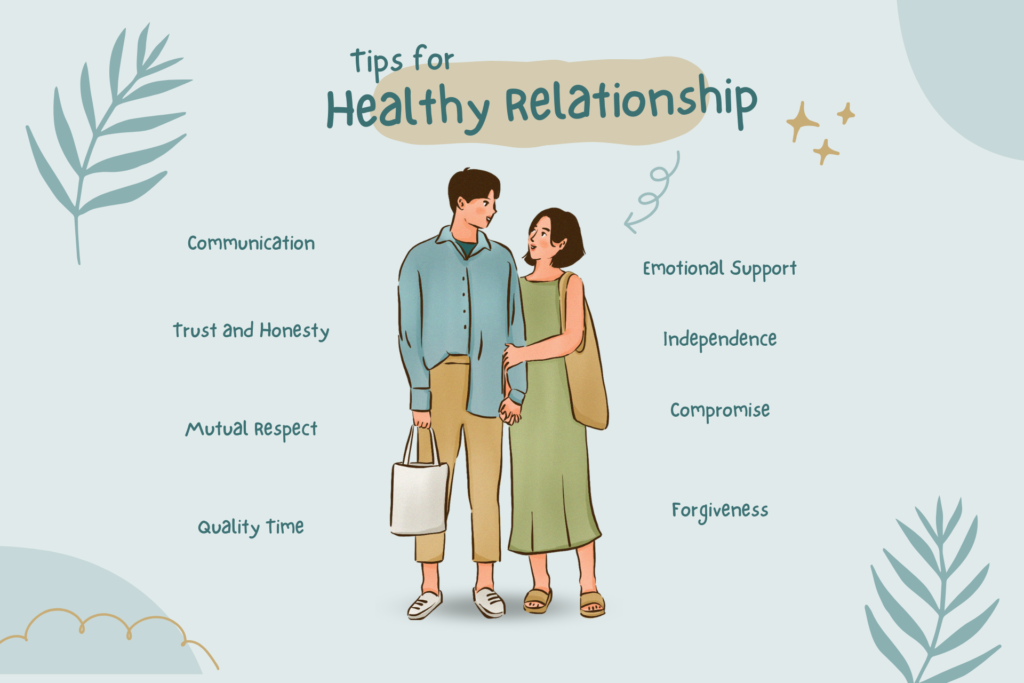Conflict arises in every relationship. Battles over money are the cause for some, while a lack of sex or a habit of ongoing arguments is the problems for others. More time spent together at home as a result of the coronavirus pandemic is yet another potential stressor that could exacerbate existing problems or reveal relationship flaws.
Relationship counseling may be beneficial. Contrary to popular belief, the issue is not one of assigning blame or blaming who did what. Instead, according to Tracy Ross, a relationship and family therapist in New York City, “couples counseling provides tools for communicating and asking for what you need.”
6 Reasons Why You Need Relationship Counselling?
You’ve Grown Apart
After many years of marriage, some couples merely coexist like roommates without communicating with one another. According to David Woodsfellow, a clinical psychologist, couples therapist, and the founder and director of the Woodsfellow Institute for Couples in Atlanta, divorce incidence rises at certain seasons. He states that the first wave is at its peak at around seven years. “The second wave’s peak is 21 years old. Usually, the second divorce is the result of growing apart. Avoidance is key, not conflict.
You Fight Over Money
Couples have always fought over money, but when you factor in additional late-life concerns that baby boomers face, such as potential health issues, fewer (and fewer) years of earning power, and bad interest rates, the situation is ripe for conflict. According to a Harris Interactive survey, 36% of married 55 to 64-year-olds claimed their husbands, and they fight over money.
According to Coambs, counseling can help people better understand their relationship to money and how it affects the way they think about other people and themselves. The past frequently influences the way we approach and manage our finances.
Anyone Of You Has Been Unfaithful
Trying to mend a trust breach—or, in less polite terms, cheating—is one of the most popular reasons for couples counseling. According to research by the American Association for Marriage and Family Counselling, 25% of married men and 15% of married women admit to having extramarital affairs.
It’s better to try counseling now than to deal with the consequences later if you’re tempted to stray. There is unquestionably a way back, even if one partner has already had an affair. According to Saltz, about a third of married couples survive an affair, but typically, they’re the ones who seek treatment and try their hardest to keep the marriage together.
You Fight Over Politics
Politics may bring unusual bedfellows together, but it can also result in some fairly heated arguments if you and your partner hold opposing political views. That whole “agree to disagree” the thing is, in fact, easier said than done in these contentious times. One in ten married or unmarried couples (married or not) had their relationships end due to political conflicts, according to a well-publicized 2016 survey from Wakefield Research, an Arlington, Virginia-based polling company.
Additionally crucial is the pursuit of common ground. Even if you and your partner hold different political beliefs, you probably share some common interests and moral principles. According to Katherine Hertlein, a lecturer in the Couple and Relationship Counselling program, “Sometimes, when couples come in for counseling, they’ll argue, “We don’t have any shared values,”
You Have Had Lots Of Arguments
We all handle conflict in our own unique ways. Some of us enjoy conflict, while others back down when it becomes heated. There are also passive-aggressive individuals. Large fights might end in tears and damaged feelings, but constant fighting can be just as damaging. Ross states, “Couples fall into a cycle of repetition. “We keep having the same argument.”
A disagreement by itself is not harmful; however, how people handle the conflict can make it unhealthy, according to Woodsfellow. In other words, how you express something is more important than what you say. He says that it might take the form of complaints or criticism, insults or rude remarks, or verbal abuse like yelling or name-calling.
You Have Different Parenting Style
Just because you and your partner share a common affection for your children doesn’t imply you will always agree on parenting decisions. For instance, whereas you might be the “put your foot down” type, your partner might be lenient regarding a 20-something son or daughter living at home or requesting financial support. Ross explains that although each of you “ideally” has your child’s best interests in mind, “those intentions may differ for each of you.” You might never agree with the final outcome, but you still need to find a way to settle on a choice that will work for both of you.
You must figure out this as early as possible to reduce the damages in your marriage relationship.
Try LoveRollers









